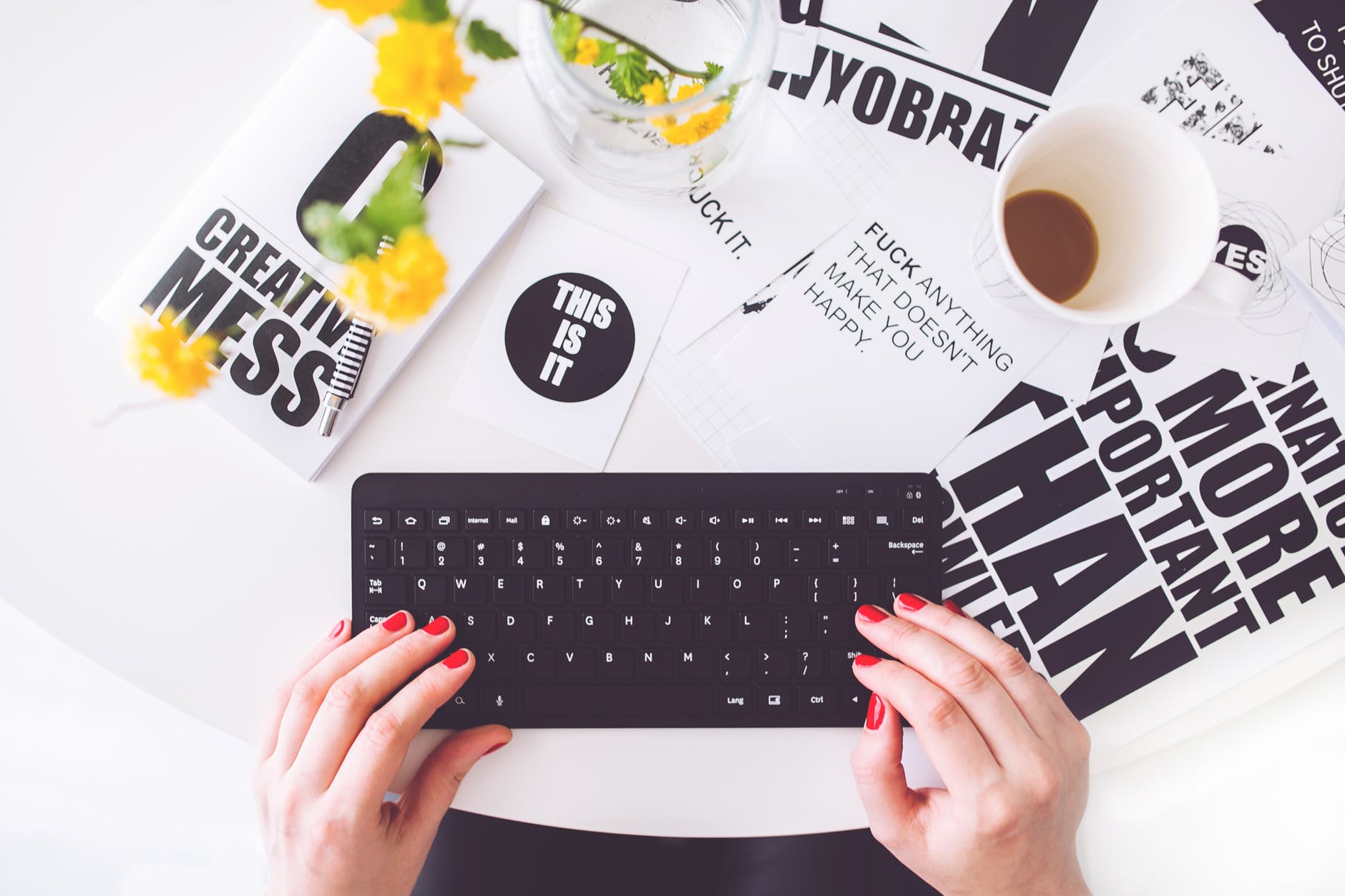
Multitasking: Is it as Bad for Your Productivity as They Say?
In an effort to get more things accomplished during your workday, you might resort to multitasking. Multitasking is just the act of executing more than one program or task simultaneously—a trait we admire in well-built applications and software—so why has it gotten such a bad rap when it comes to productivity?
As is usually the case, the idea that multitasking is particularly mentally taxing originated from several experts and studies. For example, this 2009 study in Brain Research, which found that participants who spent two hours engaged in a multitasking challenge gradually made more errors. Additionally, their reaction times started to slow down. Increased errors and slower reaction time? Sounds like a recipe for a less-than-productive workday.
However, it’s important not to jump to conclusions about multitasking for a few reasons. The first of which is that other studies, including one from the time-tracking app Desktime, found that the most productive people work for 52 minutes and then take a break for 17 minutes. Without these breaks, no one can work as efficiently and, during the aforementioned 2009 study, the participants were asked to multitask for multiple hours at a time without stopping.
In addition to breaks being necessary to reach optimal productivity, recent studies have found that mental fatigue is not task-dependent. Whether you’re doing one thing or three things at once, you’re taxing your mental capacity at roughly the same amount and so your cognition and reaction times will begin to slow accordingly. However, there is some evidence to suggest that tasks you’re particularly engaged in or interested in require less of your mental energy even when the same amount of time is spent.
So, what should the takeaway be for your workday?
– Don’t shy away from multitasking! It won’t inherently ruin your productivity and could help you get more done.
– Do take frequent breaks of 10 minutes or more. If you don’t you’ll start making more errors and end up working harder instead of working more efficiently. And, if taking breaks has never been your strong suit, you’re not alone. These tips should help you take breaks more effectively and boost your productivity.
– When you’re working on passion projects or tasks that keep you engaged, it actually is easier on you and less taxing mentally. You’re not just imagining it and hiring managers aren’t just looking for passionate software engineers and IT professionals who are passionate about what they do for no reason. That’s why you should pursue a career you’re passionate about, make sure that passion comes across during the interview process, and use a headhunter or IT Recruiter to help you find a job that keeps you engaged on a regular basis.
